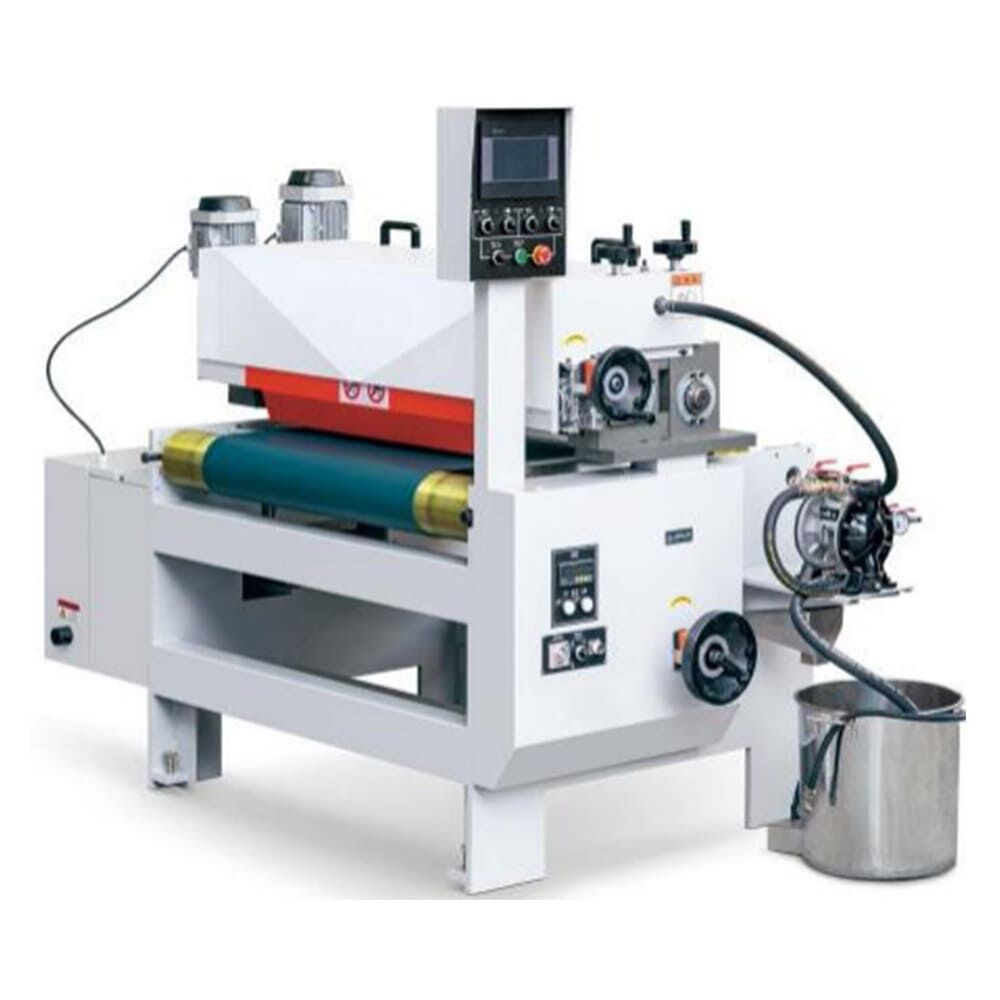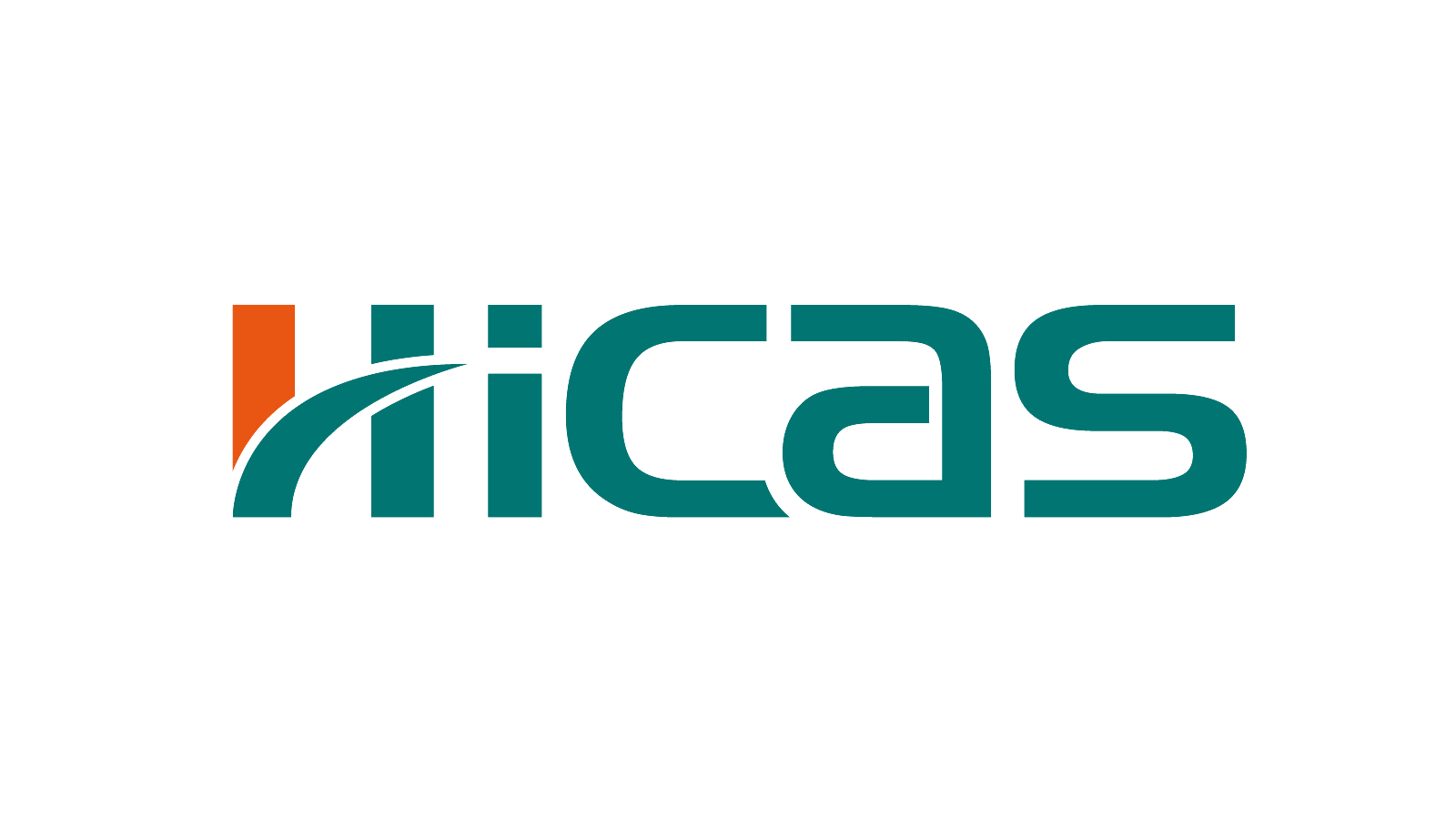Standard Roller Coating Machines
1.. Components and Operation
Roller coating machines come standard with basic parts like rollers themselves, paint tanks, and applicator systems that help spread coatings evenly across different surfaces. When these machines run, they move their rollers carefully over whatever material needs coating, making sure each layer comes out at just the right thickness every time. What makes roller coating so good is all that control and accuracy it gives operators. Most often, folks use things like paint, varnish, or adhesive substances inside these machines, and everything happens within a controlled setup. The end result? Better looking finished products that customers actually want to buy. For manufacturers dealing with tight quality requirements, having reliable roll coating equipment means meeting those specs isn't just possible but almost routine.
2. Typical Applications in Manufacturing
Roller coating machines have become pretty common across various industries including woodwork shops, car factories, and furniture production lines. What makes them so useful is their ability to coat flat surfaces evenly, which meets those strict quality standards most manufacturers need to follow. Take woodworking for example. Many shops rely on these standard roller coaters to apply protective finishes that keep wood looking good while actually protecting it from damage over time. The automotive sector gets similar benefits too. Car makers use roll coating systems to put on those protective layers that make vehicles last longer and look better on the showroom floor. When companies upgrade their surface treatment processes with these machines, they see real improvements in product longevity and visual appeal. Plus, this investment tends to pay off in terms of customer satisfaction and reduced maintenance costs down the road.
UV Roller Coating Equipment
1. UV Curing Technology Explained
UV roller coating machines work by using ultraviolet light to cure coatings almost instantly, which really boosts how fast things can be produced on the factory floor. What happens here is pretty interesting chemically speaking there are these special ingredients called photoinitiators in the UV coatings that kick into action when hit with UV light, turning liquid into a hard protective layer. The big advantage? Production times drop significantly while getting coatings that stand up much better against scratches and chemicals than traditional methods. Manufacturers across many sectors have started adopting this tech because it works so well in tough environments. From automotive parts to electronics components, companies are seeing their products last longer and look better even after years of wear and tear, proving why UV curing has become such a game changer in today's manufacturing world.
2. Benefits for High-Speed Production
UV roller coating tech has really changed the game for high speed production lines because it cuts down on drying time so much while boosting how many units can be processed. Factories no longer need all that bulky drying equipment taking up precious floor space, which saves money on both capital investment and ongoing operating costs. What makes this technology stand out is how well the UV cured coatings stick to surfaces and resist damage from environmental factors. The result? Products come out looking great and lasting longer without peeling or flaking off. For manufacturers who want to get more done in less time without compromising on quality, investing in UV roller coating systems just makes good business sense across the board.
Automated Roller Coating Systems
1. Integration with Industrial Lines
Roller coating systems that automate the process are built to fit right into current industrial setups, making them work better without disrupting existing operations. What sets these apart is their smart control features that let factory managers tweak settings according to what they need for different materials and applications. The coating stays uniform throughout big runs, even when dealing with tricky formulations that require precise mixing ratios. Automation cuts down on personnel expenses since there's less need for manual adjustments and fewer mistakes happen during production. Most plants find this kind of setup pays off quickly because it keeps output steady while reducing waste. For companies trying to keep up in today's competitive market, having such reliable equipment makes all the difference between staying ahead or falling behind competitors who still rely on older methods.
2. Efficiency in Large-Scale Operations
Large scale operations benefit greatly from these systems as they boost production capacity, helping manufacturers keep up with increasing demand without sacrificing product quality. Automated processes cut down on cycle times significantly, which means orders get fulfilled much faster than traditional methods allow. Faster processing times matter a lot when trying to keep customers happy and stay ahead of competitors in today's fast paced market. Modern roller coating systems come packed with smart analytics features that let operators monitor everything in real time. These insights help spot problems early and fine tune operations continuously. What makes these systems so valuable is how they simplify day to day tasks while still pointing out where improvements can be made across entire manufacturing facilities. Companies that adopt this technology find themselves striking just the right mix between getting things done quickly and keeping products consistently high quality.
Centrifugal Roller Coaters
1. Working Principle and Design
Centrifugal roller coaters work based on centrifugal force principles, spreading coating material evenly over surfaces. These machines keep pressure levels high while running, leading to smoother and more consistent coatings than other methods. For manufacturers needing exact finishes with very thin layers, this matters a lot. Automotive factories and aerospace companies rely heavily on centrifugal roller coaters because they produce coatings that meet strict quality standards. When pressure stays constant during application, the end result just looks better and lasts longer, which explains why so many advanced manufacturing operations have adopted them despite the initial investment costs.
2. Use Cases for Pipe and Cylindrical Surfaces
Centrifugal roller coaters get used all the time for coating pipes and round surfaces because they can spread material evenly across curves and corners without missing spots. This really matters in places like oil rigs and gas plants where coatings need to stick properly to stop corrosion from saltwater or chemicals. These machines aren't just good at one thing either. They work with lots of different materials from epoxy resins to polyurethanes, which means factories don't have to switch equipment when their coating needs change. The fact that they handle so many materials makes them indispensable for jobs that require tough coatings able to withstand extreme temperatures or abrasive environments. Most manufacturers stick with centrifugal roller coaters simply because they cut down on waste and downtime compared to older methods, saving money in the long run even if initial setup costs seem high.


